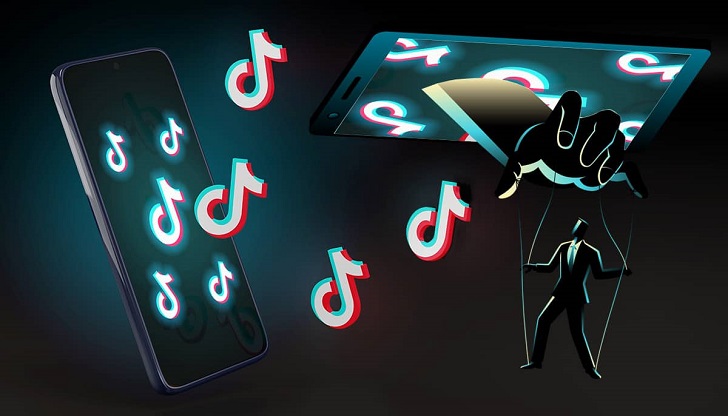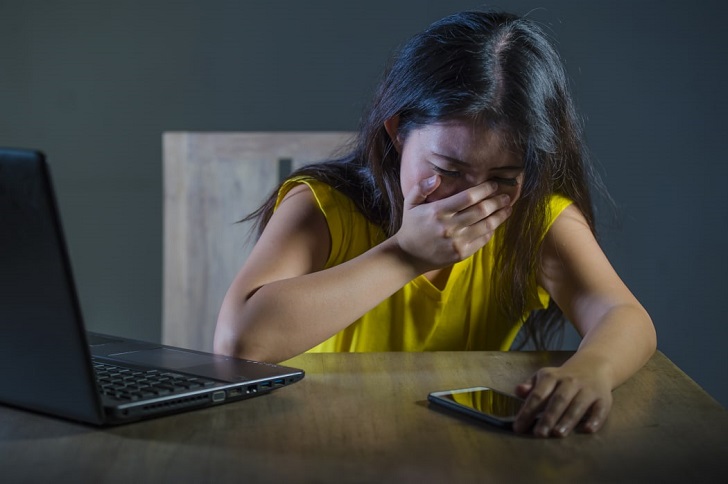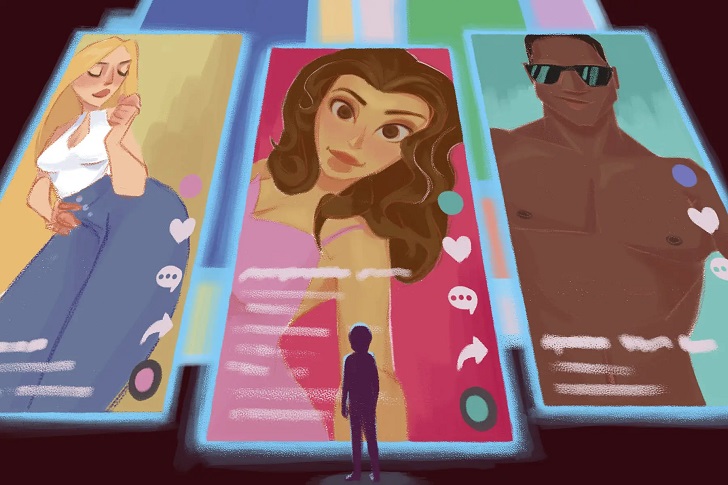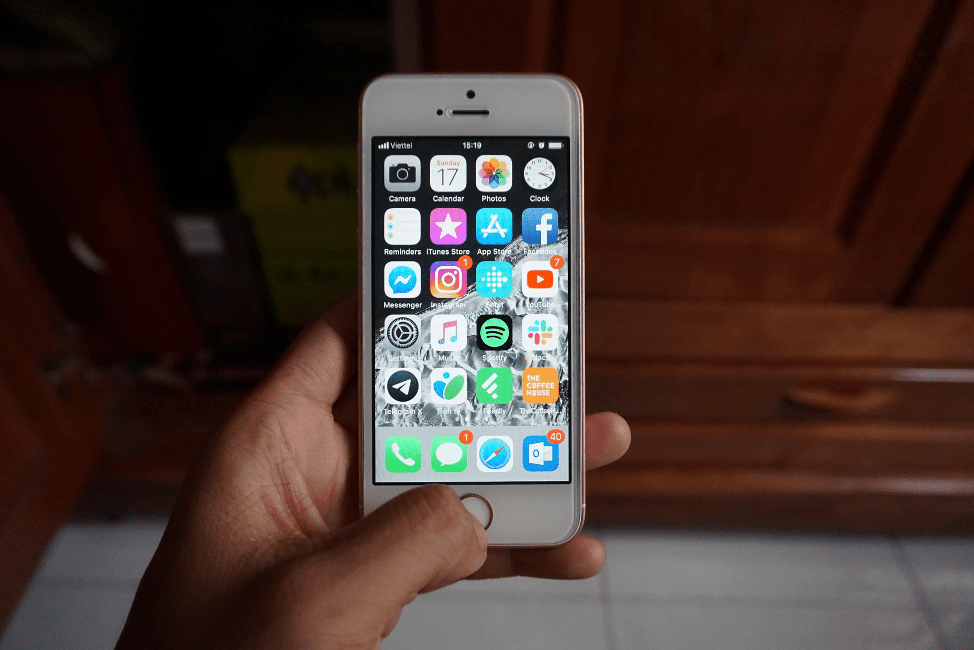Teenagers have varied interests, and lately, TikTok has become the go-to app for entertainment. With a growing number of subscribers, TikTok is the most popular app of the year, surmounting all expectations. But what seems like a harmless social media app is taking a toxic turn for teenagers.
TikTok is creating a negative impact on teens that are affecting their mental and physical well-being. As TikTok continues to grow in popularity, the negative impacts are increasing too. Let's dive into why TikTok harms teens and some ways to mitigate the harmful effects.

Game Quitters/ Stock Image | Although TikTok is a popular social media platform, it can be highly addictive
Fosters addiction
One of the most immediate impacts of TikTok on teens is addiction. The rate of addiction to TikTok among teens is on the rise. The app uses an algorithm to provide users with personalized content, which leads teenagers to spend more time on the app. The more they use the app, the more active their brain becomes, making them addicted. If unsupervised, this obsession can lead to prolonged exposure, adversely affecting their physical and mental health.
Promotes Body Shaming
TikTok's algorithm promotes videos that feature attractive individuals with ideal body shapes through its "For You" page feature. The videos reinforce negative stereotypes about body types, leading to teenage body shaming. Body shaming can lead to eating disorders, depression, and anxiety. Teenagers might feel fat-shamed, slim-shamed, or bullied for their body type, leading to a negative self-image.
Time-Consuming and Productivity Loss
TikTok's addictive nature can harm teenagers' productivity and time management skills. Many teens spend countless hours scrolling through TikTok videos, often at the expense of other activities such as homework, studying, or pursuing hobbies.

123rf/ Flickr | Tiktok has the highest rate of cyberbullying amongst all other social media platforms
Excessive use of TikTok can disrupt sleep patterns, affect academic performance, and hinder personal development. Moreover, the constant need for validation through likes and comments on TikTok can lead to a sense of validation-seeking behavior among teenagers.
Cyberbullying
TikTok poses a potential threat to teenagers, with rampant cyberbullying on the platform. Cyberbullying can lead to depression, anxiety, and even suicide attempts. TikTok allows people to comment anonymously on videos, leading to hateful and negative comments that can ruin a teenager's self-esteem and self-worth. Besides, easy access to teenage users' personal information, such as their age, location, and contact information, may attract sexual predators who prey on unsuspecting teens.
Lack of Privacy
TikTok collects personal data from its users, which can be sold to third-party companies. The company has faced allegations of security issues, such as Chinese company ByteDance's access to users' data. TikTok's privacy policy states that if users delete an account, their data will be retained in the app's backup systems for up to 90 days. The lack of privacy can have dire consequences on a teenager's mental health, and data retention can threaten their safety.

Veronica Chen/ Yale University | It’s widely known that conventionally attractive people have more success on the ap
Inappropriate Content Exposure
While TikTok has implemented measures to filter and remove inappropriate content, it is not foolproof, and teenagers can still come across explicit or harmful content. Despite efforts to regulate and moderate the platform, inappropriate dances, explicit language, and even dangerous challenges can make their way onto TikTok. Exposure to such content can damage teenagers, shaping their perceptions of acceptable behavior and potentially influencing them to engage in risky or harmful activities.
Impact on Mental Health
Excessive use of TikTok can contribute to mental health issues among teenagers. The constant comparison to others, the pressure to create popular content, and the fear of missing out (FOMO) can lead to increased stress, anxiety, and a diminished sense of self-worth. Additionally, the curated nature of TikTok can create a distorted perception of reality, leading to feelings of isolation and dissatisfaction with one's own life.







